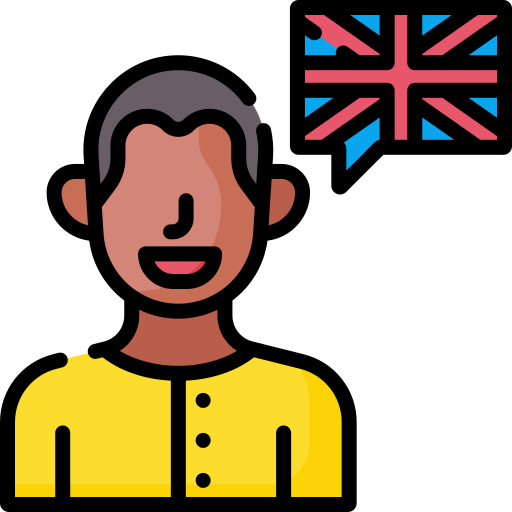Are you studying more advanced English and want to take your communication to the next level? English speakers use second conditionals often.
There are many reasons to use second conditionals but you can start with one of the most common reasons: hypothetical situations. You'll learn to communicate better if you start with the basics.
What does "hypothetical" mean?
Hypothetical is used to describe an imaginary situation or an unlikely situation. We use the second conditional for things in the future that probably will not happen.
The meme below is an example of a hypothetical second conditional:
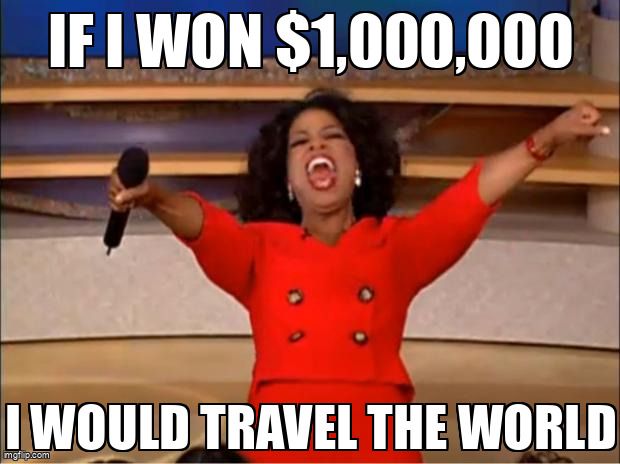
Did you know?
Hypothetical Situations
There are two main hypothetical situations:
Imaginary Situations
These experiences could happen to most people in the future, but they're not happening right now.
For example:
Going on a trip to Europe
Having a party
Having a bigger house
Second conditional sentences with imaginary situations:
If I traveled to Europe, I would travel to Germany.
If I had a party tomorrow, I would invite ten people.
If I had a bigger house, I would need more decorations.

Unlikely Situations
These experiences probably won't happen for most people.
For example:
Winning the lottery
Meeting an alien
Becoming president
Getting stuck on a desert island
Second conditional sentences with unlikely situations:
If I won the lottery, I would buy a yacht.
If I met an alien, I would run away.
I would give money to the poor if I became president.
I would eat coconuts if I got stuck on a desert island.
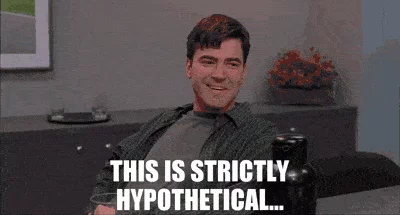
Quiz
Which situation is NOT hypothetical for most people?
Did you know?
How to Form the Second Conditional
You can break a second conditional sentence into two parts:
Part A: If + simple past verb, Part B: would + base verb.
For example:
If I won the lottery, I would buy a mansion.
[Part A: If I won the lottery, Part B: I would buy a mansion.]
If it rained tomorrow, I would stay inside.
[Part A: If it rained tomorrow, Part B: I would stay inside.]

You can change the order of the two parts to look like this:
Part A: Subject + would + base verb Part B: if + subject + simple past.
For example:
I would buy a mansion if I won the lottery.
[Part A: I would buy a mansion Part B: if I won the lottery.]
I would stay inside if it rained tomorrow.
[Part A: I would stay inside Part B: if it rained tomorrow.]
Punctuation
When Part A comes first, use a comma in between Part A and Part B.
Ex: If it rained tomorrow, I would stay inside.
When Part B comes first, don’t use a comma.
Ex: I would stay inside if it rained tomorrow.
Negatives
To make the second conditional negative, simply add "not" after "would" in the sentence.
If I won the lottery, I would not buy a mansion.
I would not buy a mansion if I won the lottery.
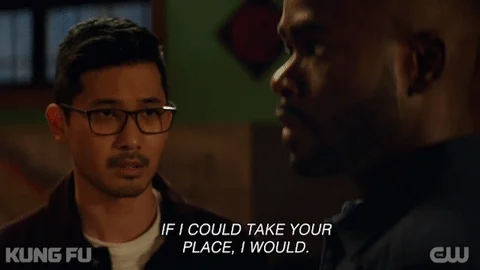
Quiz
Select all the sentences below that form the second conditional:
Practice
Now that you have learned how to form the second conditional and how to use it for hypothetical situations, try to answer some for yourself.
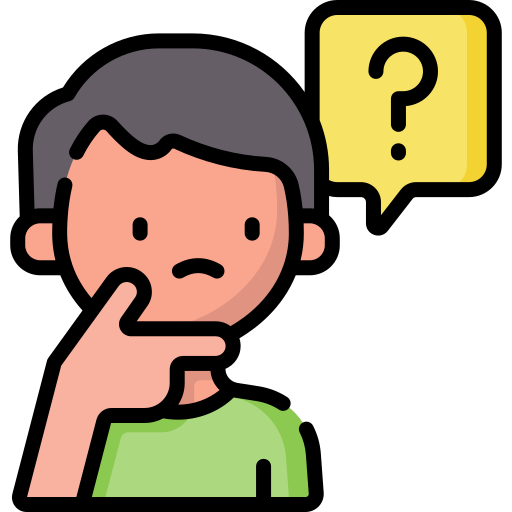
Complete the conditionals with your own answers
If I was stuck on an island, I would ___________.
I would stay inside if ____________.
I would cry if __________.
If I found treasure, I would _________.
If I won the lottery, ______________.
If I weren't sick, ________________.
You would get an A+ if _______________.
I would not buy this dress if ________________.
If I had a bigger house, I would ___________.
My family and I would have a party tomorrow if ___________.
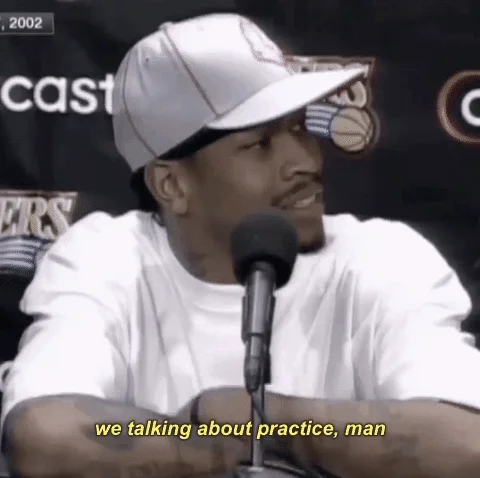
Subscribe for more quick bites of learning delivered to your inbox.
Unsubscribe anytime. No spam. 🙂
Take Action
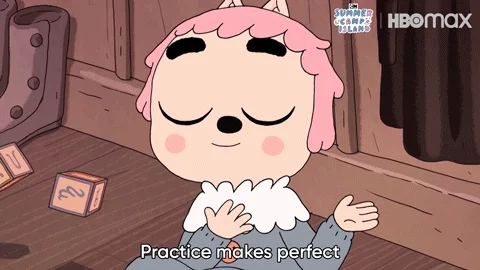
Your feedback matters to us.
This Byte helped me better understand the topic.

